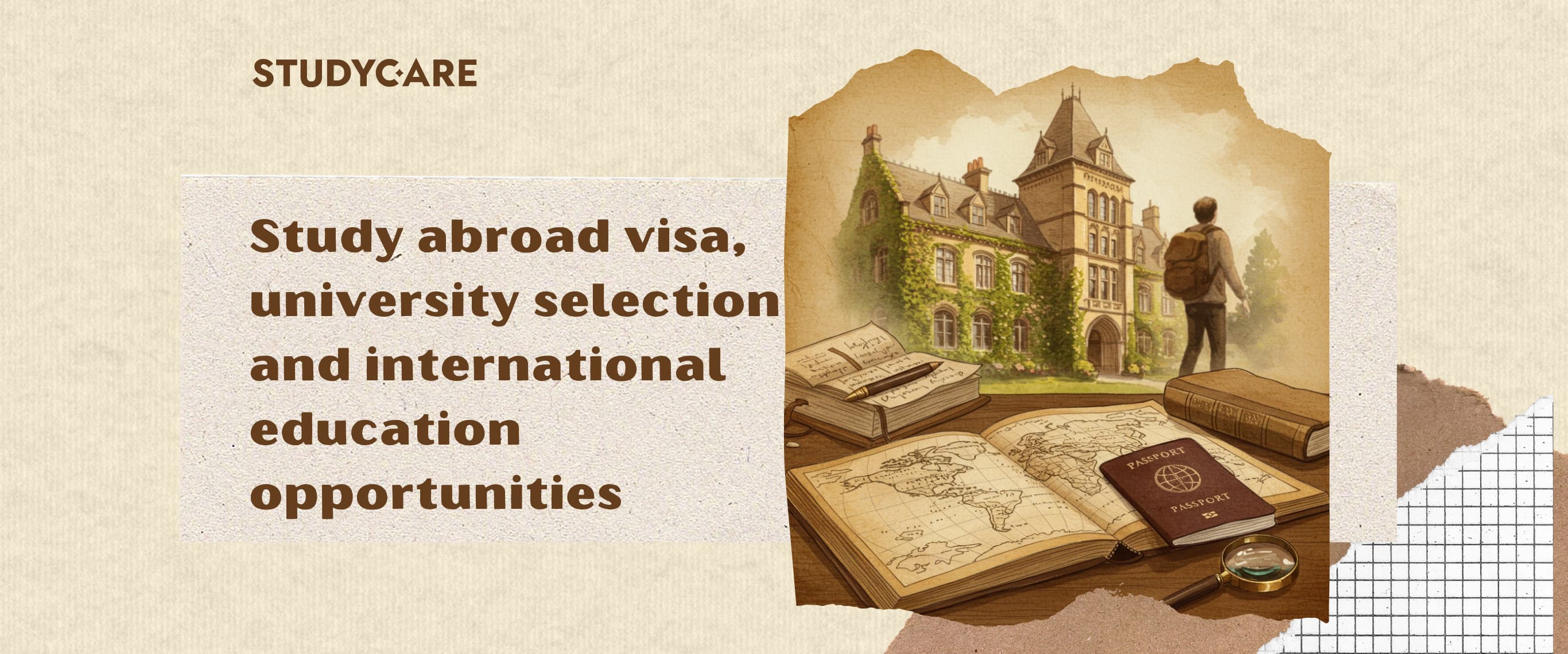Study Abroad
8 min read
Study Abroad Visas, University Selection, and International Education Opportunities
21.03.2025

Studying abroad is a great option for both professional development and international career opportunities. However, one of the most important steps in this journey is choosing the right university and successfully completing the student visa process. In this article, we’ll share essential information about university selection and the visa process for studying abroad.
For students planning to study abroad, choosing the right university is crucial. The rankings and academic reputation of universities in your destination country can affect both the quality of your education and your career opportunities. Here are some of the most popular countries and their top universities:
University selection goes beyond academic success. The global recognition and prestige of the university’s diploma are equally important. While choosing your university abroad, consider the following:
Tip: Use global university rankings like Times Higher Education (THE), QS World University Rankings, and Shanghai Ranking to identify the best fit for your goals.
Obtaining a student visa is one of the most critical steps for students wishing to study abroad. While procedures vary from country to country, the following documents are generally required:
Reminder: Always check official embassy or consulate websites for the most accurate and up-to-date visa information.
Recognition of your degree depends on the country. Degrees from internationally accredited universities are generally accepted. However, some countries may require an equivalency process.
Studying abroad offers a globally recognized diploma and provides opportunities in international companies. It also helps you develop intercultural communication skills, making you a more competitive candidate.
Programs like Erasmus+, Fulbright, DAAD, and Chevening offer financial support. You should also explore scholarship programs offered directly by universities.
Studying abroad is a fantastic opportunity to receive education at a globally recognized university and gain international experience. However, you must carefully plan every step — from choosing the country and university to navigating the visa process.
📢 If you would like expert guidance or consulting services for studying abroad, feel free to contact us!
Tools and strategies modern educators need to help students grow